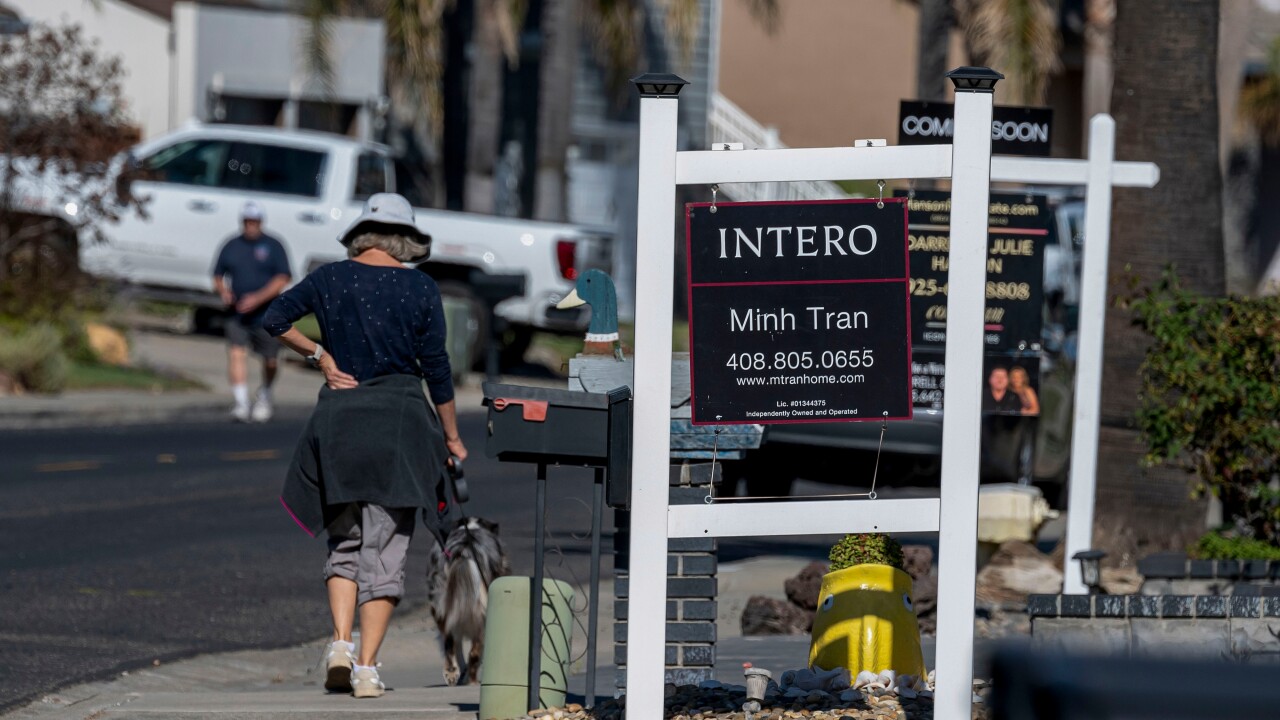
"There's been a lot of information publicized on TV, by politicians, by news stations and not all of it accurate," said Stan Middleman, CEO of Freedom Mortgage.
Some of this is understandable given the overwhelming nature of the health crisis and the need to respond to it in relatively short order.
But now that the Coronavirus Aid, Relief and Economic Security Act and some related policies are in place, loss mitigation may be most effective if single-family housing-finance industry stakeholders communicate clearly on these five aspects of the law, all of which are closely tied to consumers’ ability to repay.

Not everyone is eligible for, or should take, a 'payment holiday'
"As a result, our first message is to let people know if they can make their mortgage payments, they should," said Middleman.
There's a growing consensus that the mortgage industry needs to stress this in its messaging to consumers.
"If I were writing the script, I would say something like, 'Forbearance is not forgiveness, but there will be a deferred payment until you get back on your feet,'" said Faith Schwartz, a housing finance consultant who helped set loss mitigation policy during the 2008 housing crisis.
An optional script available to mortgage businesses that are servicing government-sponsored enterprise loans also suggests emphasizing this point.
"Forbearance does not mean your payments are forgiven. You are still required to eventually fully repay your forbearance, but you won't have to repay it all at once — unless you are able to do so," the

Some loans not covered by the CARES Act are included in other local laws
New York, for example, requires that all its residents get

Even when payment relief isn't required, it may be available
Bank of America, for example, offers a three-month payment deferral without penalty by request online or by phone for the many mortgages it holds in its portfolio, and it has said it may extend that through the duration of the crisis if there is a need.

The CARES Act doesn't specify repayment paths, but loan holders may
But some entities are already mapping out their plans for how they will handle this.
Bank of America, for example, currently plans to add payments deferred for coronavirus hardships to the end of portfolio loans’ terms and extend regular payments by the amount forborne.

All coronavirus accommodations get a pass on consumer credit records
Under that requirement, borrowers that stick to the terms of that accommodation must be temporarily reported as current on their credit reports.
"This accommodation includes anything, whether it’s [one made for] a mortgage loan that's not federally backed or any other type of loan like a credit card, a boat loan, a car loan, anything at all," said John Ulzheimer, a former credit bureau employee and president of The Ulzheimer Group, a consulting firm in Atlanta. "As long as there's an accommodation that’s made by a lender and you live up to that agreement, then they have to report you as current."
Consumers can check their records to see if they reflect this requirement, but because the credit reporting companies themselves have been experiencing some coronavirus-related hardships, the CARES Act extended the amount of time credit bureaus have to correct errors from 30 days to 45 days.





